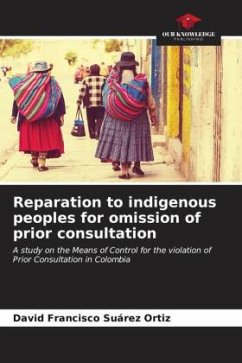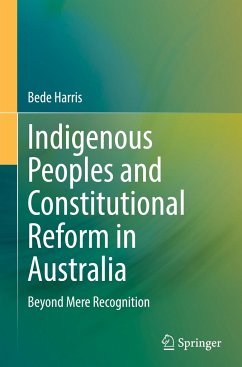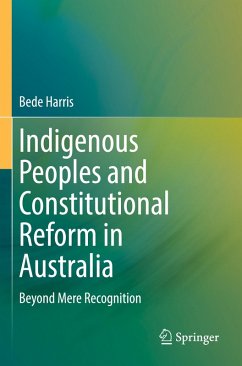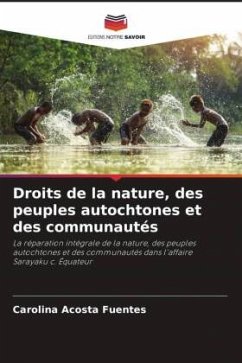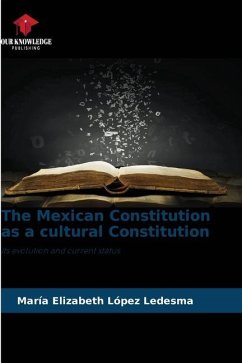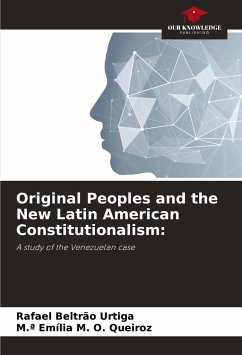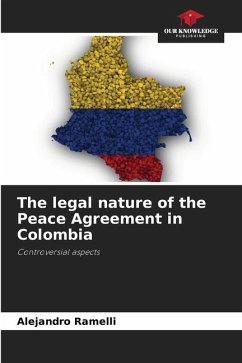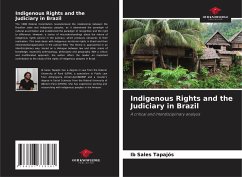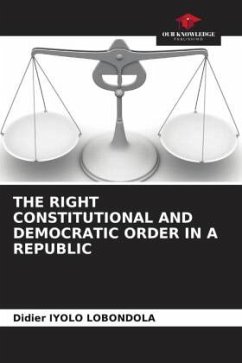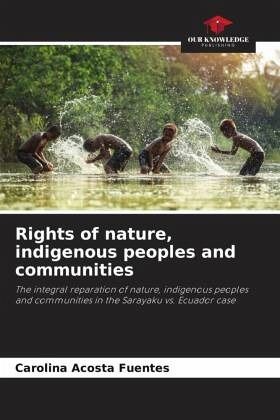
Rights of nature, indigenous peoples and communities
The integral reparation of nature, indigenous peoples and communities in the Sarayaku vs. Ecuador case
Versandkostenfrei!
Versandfertig in 6-10 Tagen
40,99 €
inkl. MwSt.

PAYBACK Punkte
20 °P sammeln!
Ecuador, with the 2008 Constitution, adopted a plurinational State that recognizes the rights of indigenous peoples, communities and nationalities, catalogued as one of the current constitutions guaranteeing rights and the first magna carta in the world to attribute rights to nature. However, the struggle of indigenous peoples, communities and nationalities for the realization of their rights has been a long and difficult road to travel, as evidenced in the case of Sarayaku vs. Ecuador, the violations that have occurred since before the codification of the constitutional norms have affected th...
Ecuador, with the 2008 Constitution, adopted a plurinational State that recognizes the rights of indigenous peoples, communities and nationalities, catalogued as one of the current constitutions guaranteeing rights and the first magna carta in the world to attribute rights to nature. However, the struggle of indigenous peoples, communities and nationalities for the realization of their rights has been a long and difficult road to travel, as evidenced in the case of Sarayaku vs. Ecuador, the violations that have occurred since before the codification of the constitutional norms have affected the dignified life of these peoples, the concessions under standards with little or no regulation of compliance with environmental impact standards have caused a decline in the quality of life of peoples who have made nature their home. The State is responsible for guaranteeing the enjoyment of constitutional rights through the creation of specific norms to regulate the behavior of companies and, if they incur in violations, to establish reparations in accordance with the damage caused, both to the people and to nature, in order to compensate for the damage.



